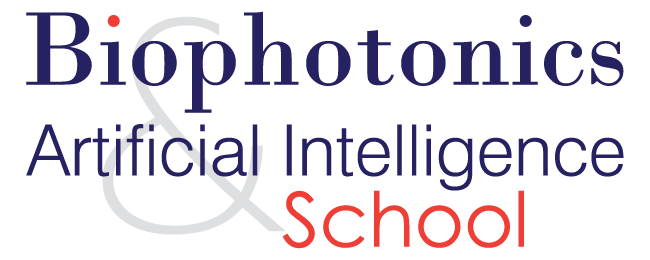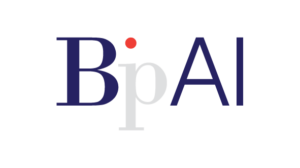Biophotonics has applications ranging from the detection of chemical and biological molecules and microorganisms to biomedical imaging, thus generating informative data of high complexity.
Artificial Intelligence (AI) is a disruptive technology with applications that now pervade every field of knowledge.The 2026 edition of the Biophotonics & Artificial Intelligence School (BpAI 2026) introduces one of the most significant evolutions ever made in its scientific program. In line with the latest international research, this year edition features—for the first time—dedicated modules on Generative Models, Large Language Models (LLMs), Physics Informed Machine Learning and Quantum Machine Learning, alongside consolidated courses on Explainable AI (XAI), deep neural networks, and Reinforcement Learning.
The School was born with the aim of exploring the crossroads between these two disciplines, with the aim of creating a training path for the development of AI applications in the field of Biophotonics. The goal is to offer participants not only an updated overview of the state of the art in AI, but also the theoretical and practical tools needed to apply these technologies across diverse fields such as medicine, biology, photonics, cultural heritage, space science, and advanced data science.








